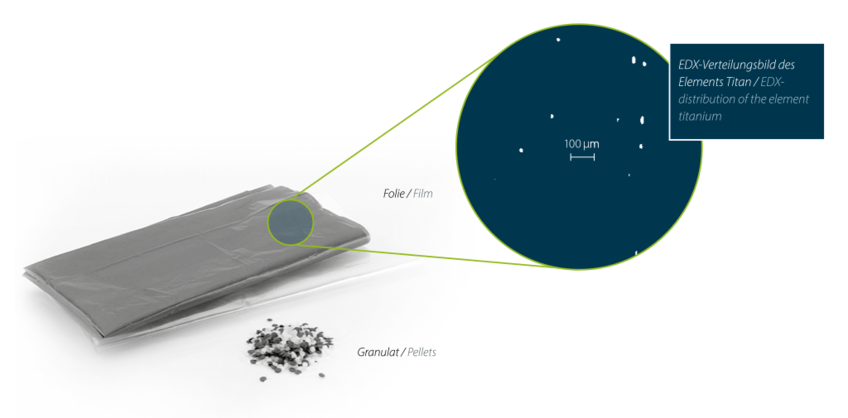Achim Grefenstein new Scientific Director at IKV
In addition to academic teaching, it is all about driving forward research in the field of recycling.

A Circular Economy is indispensable, if plastics are to play out their full potential in meeting important challenges of our time, such as the energy transition, digitalisation and electrification without detrimental effects on climate and environment. Compared to other materials, plastics are usually the more resource-efficient alternative and the ecological downsides associated with them generally result from their still largely linear life cycles. Technological innovations, recycling-oriented product design and new ways of using recyclates on a large scale for high-quality plastic products are the key to building a sustainable Circular Economy.
The IKV has been working on solutions for numerous issues relating to recycling, recyclate characterisation and utilisation, as well as recycling-orientated product design since the 1980ies. With its research on targeted material analyses, the Centre for Analysis and Testing of Plastics (KAP) can identify the possible uses and limitations of recyclates in various applications. Current projects deal, for example, with the use of recyclate in film extrusion and injection moulding. Plasma technology at the IKV plays an important role in recycling- oriented product design. PECVD coatings on plastics can act as a good barrier to various media. The extremely thin layers do not interfere with the recycling process and are able to replace conventional non-recyclable barrier systems. At the same time, they enable wider recyclate use, as they prevent the migration of contaminants into the contents. In combination with digital innovations, the results can contribute significantly to increasing recycling rates as well as the circularity of plastics. They include a digital infrastructure for mapping the complete life cycle and innovative data science methods.
The IKV is taking a holistic approach to identifying digital solutions for improved recyclate use. In the PlasticBOND research project, prototype concepts are being developed together with a broad industry consortium that take into account product and process properties at every stage of the life cycle and provide this as information along the lines of the material passport introduced by the Industry 4.0 platform. A passport like this enables the tracking of defined materials and thus promotes and faciliates reuse. Further use cases in which the digital passport can represent a benefit are more efficient processing, the holistic optimisation of ecological sustainability (e.g. the CO2 footprint of packaging) or the fulfilment of Extended Producer Responsibility (EPR).

At IKV, the effects of using recyclates of different purities are being investigated for a number of processes. The material quality results, among other things, from the waste source and the respective technological cleaning effort. Thermal, rheological, spectroscopic, microscopic, chromatographic and mechanical methods are used for material analysis. The focus is on the one hand on impurities and mixtures of the various plastics that occur during processing, use and sorting. On the other hand, degradation related material changes are examined, which affect the mechanical properties. The project KuRT is concerned with the effects of using recycled material in film extrusion. A more or less pronounced mixing of polyolefins in the recyclate influences, for example, the melt strength – a material property that is decisive for this process. The significance of the test methods is evaluated in each case, influencing factors on recyclate quality are identified and correlations between different analysis methods are investigated. In the future, topics such as the odour produced during processing will also be addressed.
PECVD coatings provide a good barrier to water vapour, oxygen and carbon dioxide and should therefore also be able to prevent the migration of residual contaminants from recyclates into the contents of packaging. At the same time, the extremely thin layers do not interfere with recycling processes. Packaging coated in this way is thus classified as very recyclable. This results in two paths along which plasma technology promotes the recycling of plastic packaging:
In a first step, the contamination of the recyclates and the uptake of these contaminants by foodstuffs are simulated with the aid of test substances using commercially available post-consumer PP recyclates. In a second step, suitable coating systems are developed and adapted to specific substances. These coating systems are tested to determine their suitability for migration reduction in order to qualify recyclates for food contact.

Do you have any questions on this topic? Please don't hesitate to call me or send me a message.